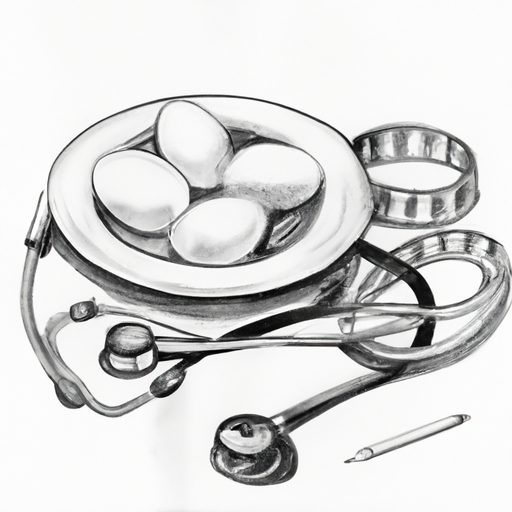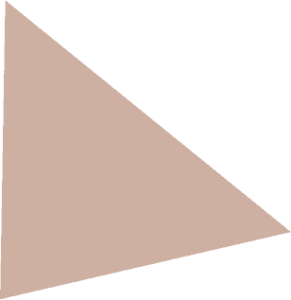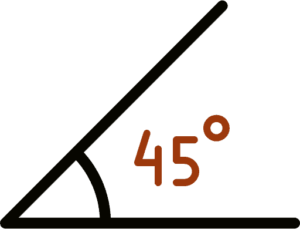The Egg Diet has gained considerable attention in recent years due to its touted benefits for weight loss and overall health. However, with any diet, it is crucial to understand its potential risks, diagnosis, and treatment options. In this article, we will delve into the world of the Egg Diet, exploring its benefits, risks, and potential diagnosis. We will also discuss the symptoms and causes associated with this diet and provide insights from experts on treatment options. Whether you are considering incorporating the Egg Diet into your lifestyle or simply curious about its effects, this article will provide you with the necessary information to make an informed decision.
1. "Understanding the Egg Diet: Benefits, Risks, and Potential Diagnosis"
The Egg Diet has gained popularity in recent years as a quick and efficient way to shed excess pounds. This diet plan revolves around the consumption of eggs as the primary source of nutrition. While some individuals have reported significant weight loss and improved health, it is essential to understand the potential benefits, risks, and how it can be diagnosed.
One of the main reasons why the Egg Diet is appealing to many is its simplicity. Eggs are packed with essential nutrients, including protein, vitamins, and minerals. They are low in calories, making them an excellent choice for those looking to reduce their caloric intake. Additionally, eggs are known to increase satiety, helping individuals feel full for longer periods, which may aid in weight loss efforts.
The Egg Diet primarily focuses on consuming eggs in various forms, such as boiled, scrambled, or poached. Some versions of this diet may allow for the inclusion of other low-calorie foods like vegetables and lean proteins. However, it is important to note that the specific guidelines of the Egg Diet can vary, and individuals should consult with a healthcare professional or registered dietitian before starting any restrictive diet plan.
While the Egg Diet may offer some benefits, it also presents potential risks. One of the major concerns is the limited variety of foods consumed, which can lead to nutrient deficiencies if followed for an extended period. Eggs are not a complete source of all essential nutrients, and a well-rounded diet should include a wide range of fruits, vegetables, whole grains, and healthy fats.
Furthermore, the high cholesterol content in eggs has been a topic of debate and concern. Some studies suggest that dietary cholesterol may not have a significant impact on blood cholesterol levels for most individuals. However, those with existing heart conditions or high cholesterol should exercise caution when considering the Egg Diet. It is crucial to consult with a healthcare professional to determine if this diet is suitable for individual health needs.
Diagnosing whether the Egg Diet is right for an individual involves considering various factors. First and foremost,
2. "Symptoms and Causes of Egg Diet: What to Look Out For"
Symptoms and Causes of Egg Diet: What to Look Out For
The Egg Diet has gained popularity in recent years as a quick and effective weight-loss solution. Advocates of this diet claim that consuming primarily eggs can lead to rapid weight loss due to their high protein content and low caloric value. However, it is essential to be aware of the potential symptoms and causes associated with this diet before considering it as a long-term solution.
One of the primary symptoms of the Egg Diet is a limited variety of food choices. Since this diet revolves around primarily consuming eggs, individuals may experience monotony in their meals. This can lead to feelings of boredom, dissatisfaction, or even cravings for other types of food. Additionally, the monotony of the diet can make it difficult for people to stick to it for an extended period.
Another symptom to watch out for is the potential for nutrient deficiencies. While eggs are a good source of protein, they lack other essential nutrients such as fiber, vitamins C and E, calcium, and folate. Relying solely on eggs as the main source of nutrition can result in deficiencies that may lead to health issues over time. It is crucial to ensure a well-rounded and balanced diet to meet all nutritional requirements.
Drastic weight loss is often a desired outcome of the Egg Diet. However, losing weight too quickly can have negative implications for one’s health. Rapid weight loss can lead to muscle loss, nutrient deficiencies, a weakened immune system, and a decrease in metabolic rate. It is essential to approach weight loss in a sustainable and healthy way rather than resorting to extreme measures.
Caution must also be exercised when considering the Egg Diet for individuals with specific health conditions. People with diabetes, high cholesterol, or heart disease may need to be particularly cautious due to the high cholesterol content in eggs. It is best to consult a healthcare professional or a registered dietitian before embarking on any restrictive diet, especially if you have pre-existing health conditions.
Lastly, it is
3. "Treatment Options and Expert Insights on the Egg Diet"
Treatment Options and Expert Insights on the Egg Diet
When it comes to the Egg Diet, there are various treatment options and expert insights that individuals should consider. While this diet has gained popularity in recent years, it is essential to approach it with caution and consult with healthcare professionals before embarking on any restrictive dietary regimen.
1. Consult with a healthcare professional:
Before starting the Egg Diet, it is crucial to consult with a healthcare professional, such as a registered dietitian or nutritionist. These experts can provide personalized advice based on an individual’s specific health condition, dietary needs, and goals. They will assess the individual’s overall health, medical history, and any pre-existing conditions to determine if the Egg Diet is suitable and safe.
2. Monitor nutrient intake:
While eggs are a good source of protein and essential nutrients, relying solely on them for an extended period can lead to nutrient deficiencies. Therefore, it is important to ensure that other essential nutrients are adequately consumed. A healthcare professional can guide individuals on incorporating a variety of nutrient-rich foods into the Egg Diet to maintain a balanced nutritional intake.
3. Practice moderation:
The Egg Diet typically involves consuming eggs as the primary source of protein while limiting carbohydrates and fats. However, it is essential to practice moderation and not excessively restrict calorie intake or exclude entire food groups. Extreme calorie restriction can lead to nutrient deficiencies, metabolic imbalances, and even eating disorders. Striking a balance between the number of eggs consumed and other nutritious foods is crucial for overall health and well-being.
4. Consider individual needs and preferences:
The Egg Diet may not be suitable for everyone, as individual needs and preferences vary. Some individuals may have dietary restrictions, allergies, or medical conditions that make it difficult or unsafe to follow the Egg Diet. For instance, individuals with diabetes or high cholesterol levels should approach this diet with caution and consult with healthcare professionals for appropriate modifications.
5. Long-term sustainability:
One aspect to consider when following any diet is its long-term sustainability. The Egg







